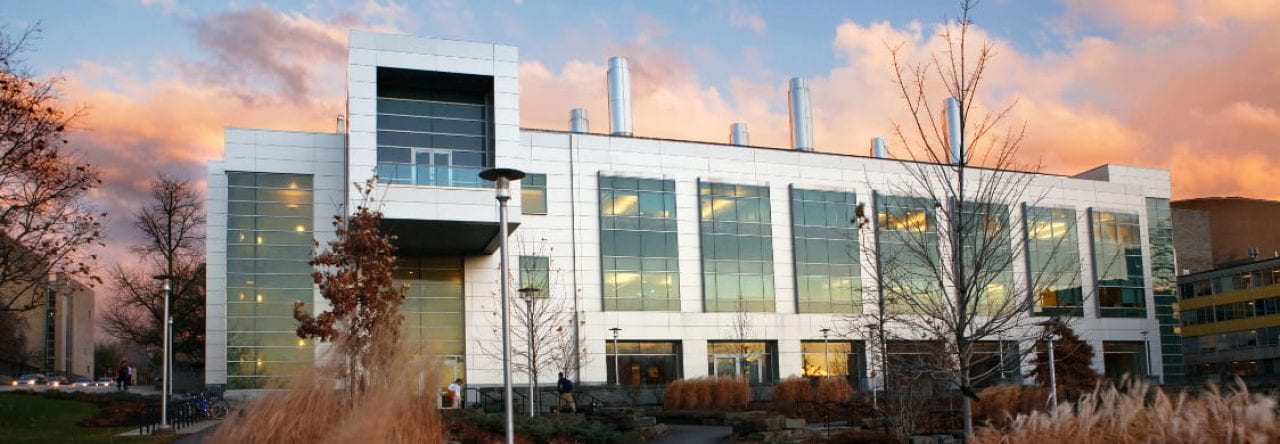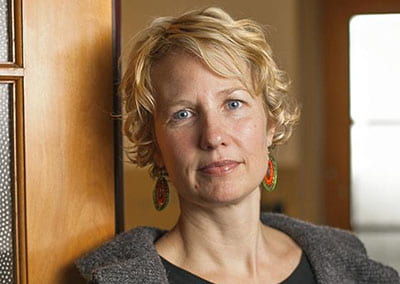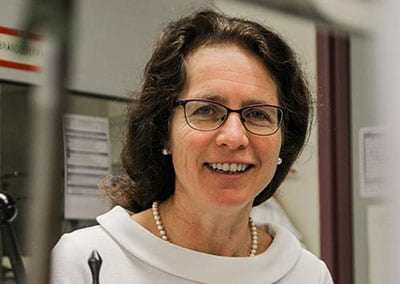Undergraduate Degree Program for Biological Engineering
The biological revolution of this century has given rise to a growing demand for engineers who can tackle local, national, and global challenges by combining the power of engineering principles with the constantly evolving science of biology. To solve the daunting problems confronting society today, engineers need strong math and science skills, effective communication abilities, and an appreciation for the scope and complexity of the challenges they are facing.
Biological engineering is the biology-based engineering discipline that integrates life sciences with engineering in the advancement and application of fundamental concepts of biological systems from molecular to ecosystem levels. It incorporates the tremendous developments in quantitative, mechanistic and molecular level understanding and manipulation capabilities of biological systems.
Strong emphasis is placed on mathematics, the physical and biological sciences and engineering analysis and design. Our program emphasizes problem solving and design though biological engineering. You’ll be ready to keep pace in a constantly evolving field by developing a thorough grounding in engineering fundamentals and a broad grasp of modern biology. Your coursework will build on a base of seven core BE courses and as well as a wide range of electives. You’ll also find opportunities throughout the program to practice the soft skills of teamwork and technical communication needed in the modern engineering workplace.
Outcomes
Graduates pursue career opportunities in private industry, public agencies, and educational institutions. Recent graduates are working in biotechnology and at companies that focus on food, energy and consumer products, environmental consulting, international projects, public health and the pharmaceutical industry. Roughly one-third of the bachelor-level graduates pursue advanced study in engineering, science, business, or law.
The BE degree program is accredited by the Accreditation Board for Engineering and Technology and graduates may become registered professional engineers through formal examination and professional employment.
Master of Engineering Program
The one-year master of engineering (M.Eng.) degree will prepare you to hit the ground running and stand out in the career of your choice. The M.Eng. program in the graduate field of Biological and Environmental Engineering (BEE) is flexible, allowing candidates to select their courses and project area to meet their individual goals.M.Eng. candidates in the field of BEE choose their design project and complete appropriate courses in one of the following areas: bioenergetics and stress factors, biomechanics, controlled-environment agriculture, energy systems engineering, engineering to solve global challenges, food process engineering, metabolic engineering, micro-bioreactors, microbial fuel cells, molecular engineering, nucleic acid engineering, physiological engineering, and soil and water engineering.
Some Areas of Faculty Research
- biological transport processes
- biomaterials design
- bioprocess engineering
- bioremediation
- biosensors and instrumentation
- cellular engineering
- controlled environment agriculture and aquaculture
- ecosystem management and pollution control
- environmental systems analysis
- food processing engineering
- international development
- microbial fuel cells
- microbial soil dynamics
- nanoscale bioengineering
- soil and water engineering
- sustainable energry systems
Biological Engineering by the Numbers
Biological Engineering undergraduate students: 119
- College of Engineering: 22
- College of Agriculture and Life Sciences: 97
Starting salaries of B.S. Biological Engineering graduates (three-year average):
- Median salary: $55,016
- High salary: $105,000
Post-graduate plans for biological engineering graduates at the time of graduation (three-year average):
- Employed 40%
- Attending Graduate School 50%
- Seeking Employment 4%
- Seeking Acceptance to Graduate School 6%
















